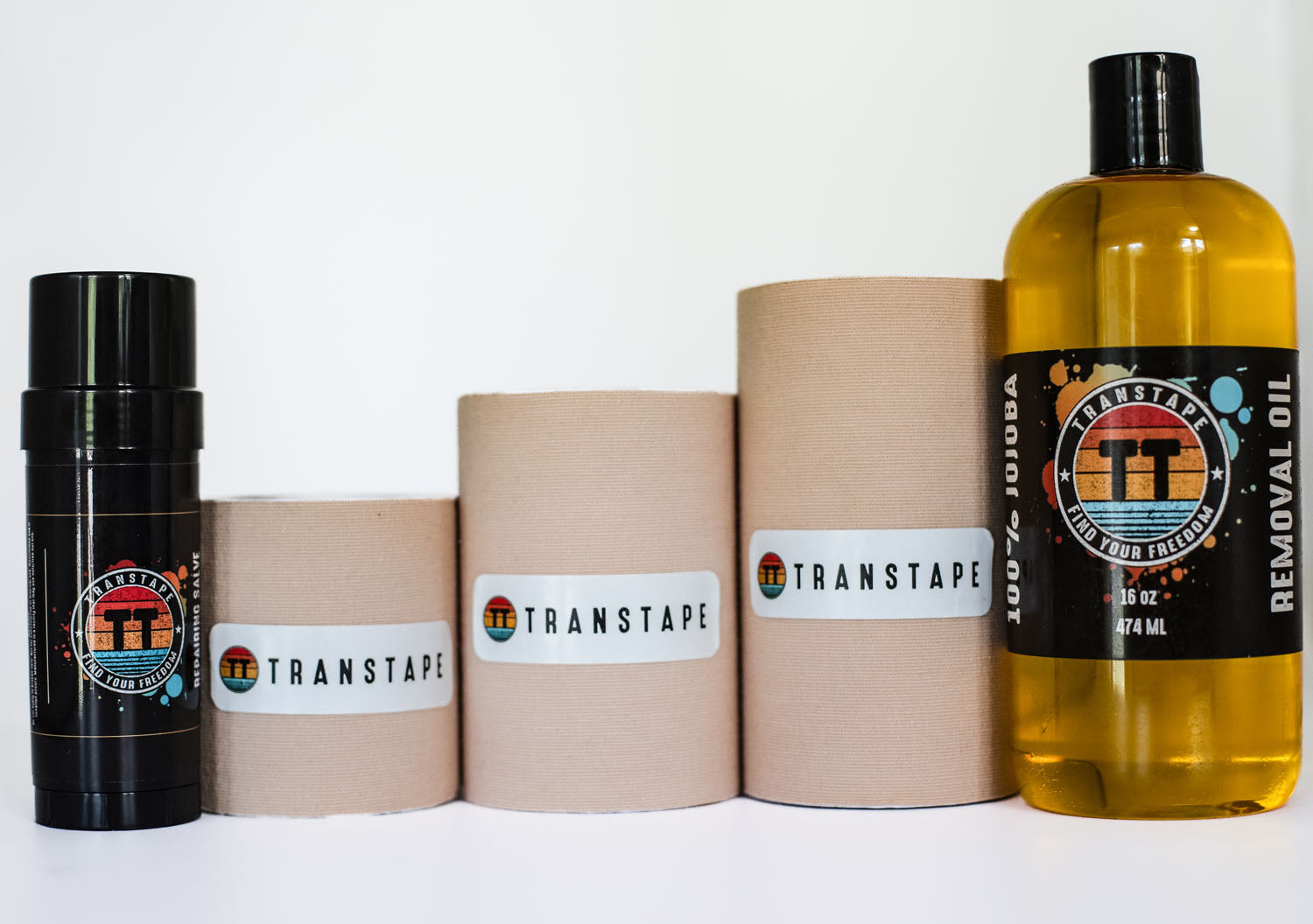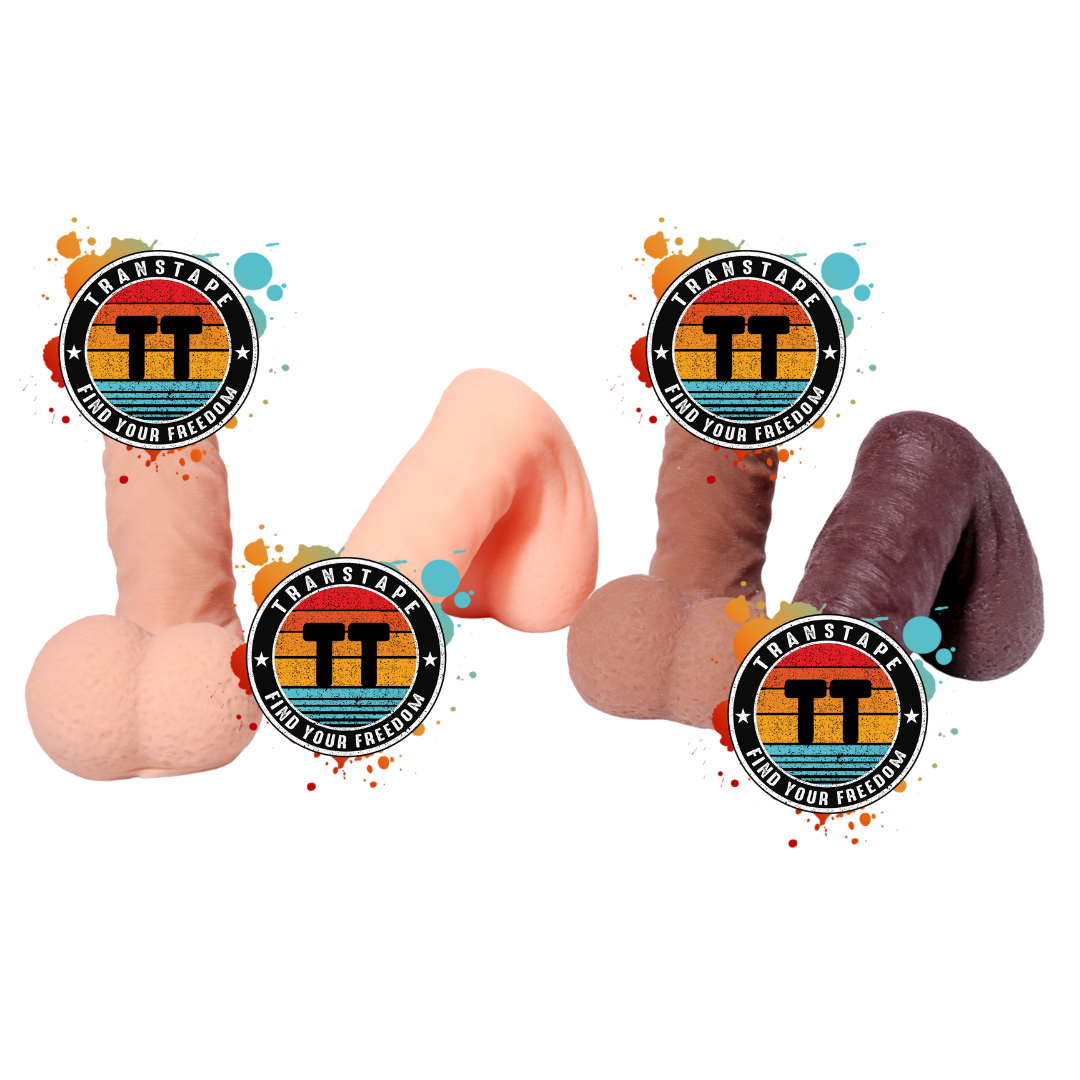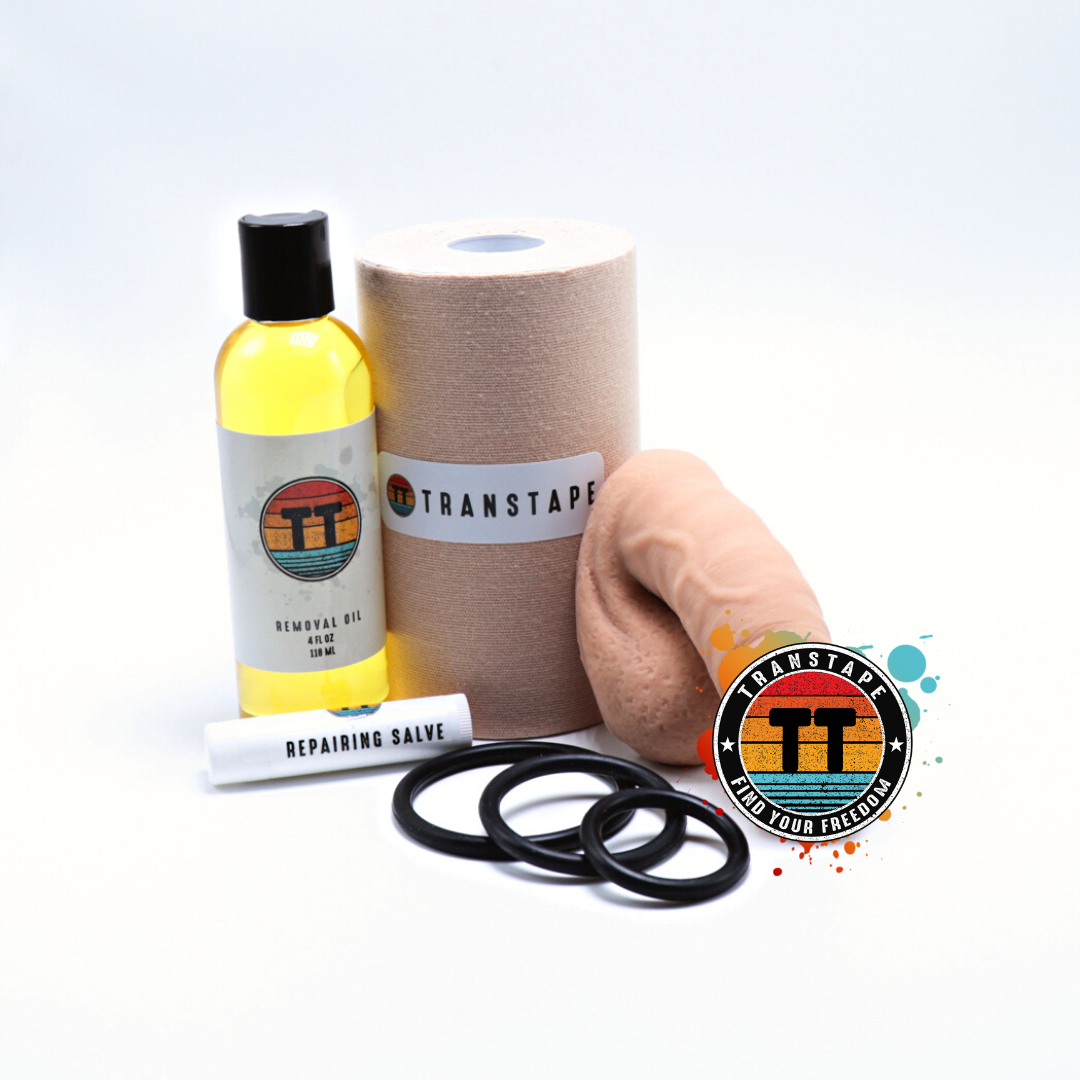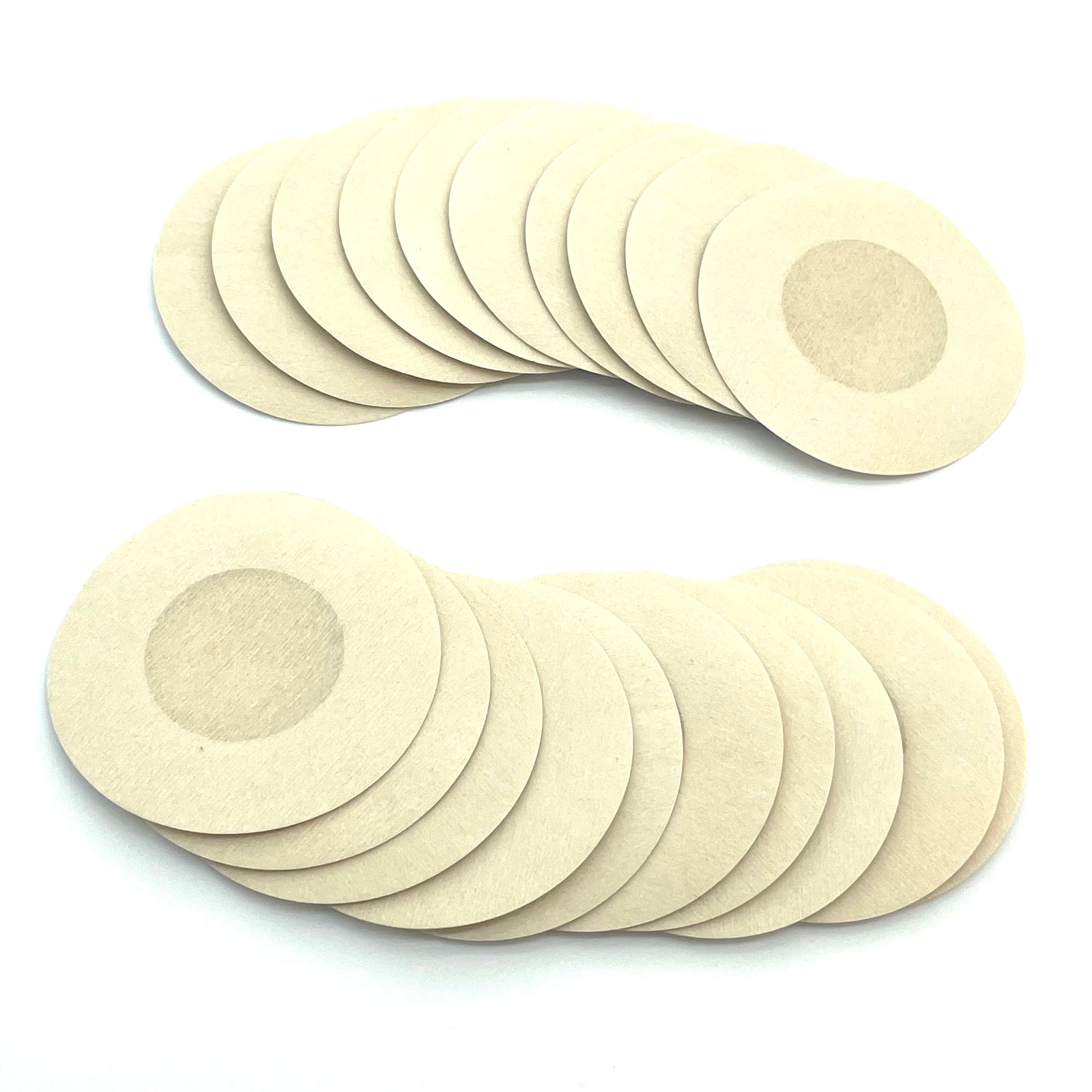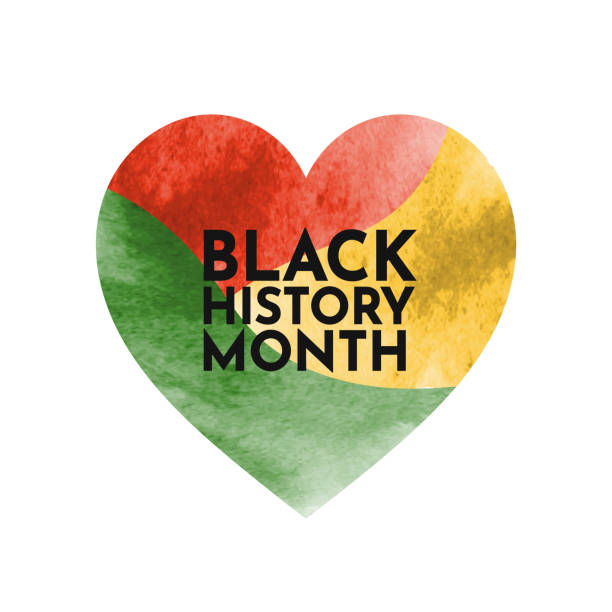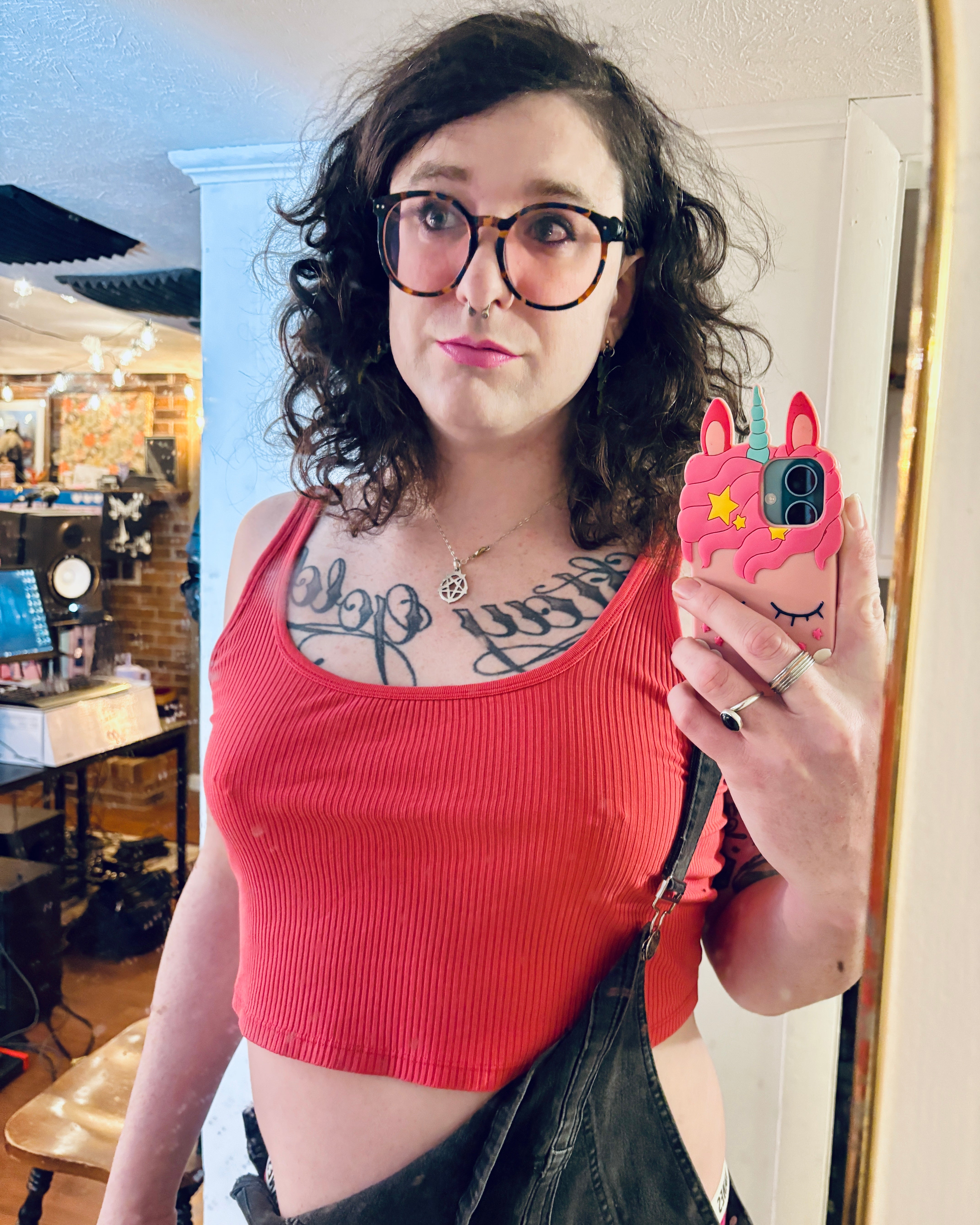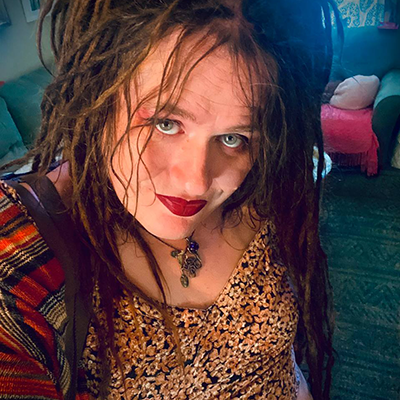Es ist wieder diese Zeit des Jahres, und es ist kein Geheimnis, dass der Februar der Black History Month ist. Falls du es nicht wusstest, jetzt weißt du es! Von Menschenrechtsaktivisten, genialen Innovatoren, talentierten Künstlern und noch so viel mehr haben Schwarze Menschen mehr zu unserer Gesellschaft beigetragen, als man je in einem Beitrag abdecken könnte. Aber wenn du bereit bist, etwas Neues zu lernen, bist du hier genau richtig!
Hallo!
Und willkommen zurück, wenn Sie schon einmal hier waren!

Wir sprechen hier natürlich viel über TransTape, aber heute wird es ein bisschen anders. Heute sprechen wir über den Black History Month.
Warum?
Nun, zunächst einmal ist es Februar. Das ist irgendwie das Besondere am Februar. Aber auch, weil nicht genug darüber gesprochen wird. Viele von uns wissen wahrscheinlich nicht, wie viele Dinge in unserem Alltag von einer schwarzen Person erfunden wurden.
Dinge, über die man nicht zweimal nachdenkt, wie automatische Aufzugtüren, Kartoffelchips, automatische Gangschaltungen in Autos, Wäschetrockner, Ampeln, DER Super Soaker, DER Eislöffel, Haussicherheitssysteme.
Muss ich weitermachen? Da gibt es noch viel mehr.
Mein Punkt ist, dass die Mehrheit von uns wahrscheinlich keine Ahnung hatte, dass eine schwarze Person irgendeines dieser Dinge erfunden hat, und das scheint nicht ganz richtig zu sein. Oder etwa doch?
Aber die perfekte Kugel Eiscreme ist mit Sicherheit nicht der Höhepunkt der Beiträge der Schwarzen.
Aber immer noch wichtig für alle Eisliebhaber, ein Gruß an Alfred L. Cralle für Die Scoop.

Schwarzer Geschichtsmonat
Schwarze Menschen standen meistens an der Spitze der Menschenrechtsaktivismus, seit es dafür einen Bedarf gibt.
Also.
Für immer.
Von den Bürgerrechten über den Feminismus bis hin zu den Schwulenrechten und den Stonewall-Unruhen standen Schwarze Menschen immer an vorderster Front im Kampf für Gleichberechtigung, und das ist etwas, dessen wir uns alle viel bewusster sein und außerhalb des Februars viel mehr sprechen sollten.
So ähnlich wie dieses nette kleine Gespräch, das wir gerade führen, nur in den anderen 11 Monaten des Jahres, die wir haben. Es gibt immer diesen einen Menschen, der fragt, „Warum gibt es einen Black History Month?“ Und ich denke, die meisten von uns wissen, was normalerweise auf diese Aussage folgt.
Wir haben einen Black History Month, weil uns in den meisten Fällen keine schwarze Geschichte beigebracht wird.
Überhaupt nicht. Es ist wirklich verrückt.
Die meisten Geschichtsbücher und -kurse an öffentlichen Schulen, zumindest in den USA, sprechen über die Sklaverei (aber nicht über ihre Realität), Martin Luther King Jr., das rechtliche Ende der rassischen Segregation (Desegregation) und hören danach meistens auf.
Zum Beispiel, wussten Sie Ruby Bridges, das erste schwarze Mädchen, das auf eine rein weiße Schule ging, ist heute erst 70 Jahre jung?

Und ich versuche auch nicht, so zu tun, als wäre ich hochgebildet in schwarzer Geschichte, das bin ich nicht. Ich lerne abso-lut-ly immer noch und habe kaum an der Oberfläche gekratzt, wie bedeutend die schwarze Geschichte für die Welt ist. Aber ich kann lernen und trotzdem erkennen, dass es einige ernsthafte Lücken in unserem Bildungssystem gibt.
Unter vielen anderen Systemen.

Wussten Sie, dass Susie King Taylor (1848-1912) als die erste schwarze Lehrerin in Amerika gilt? Sie unterrichtete befreite afroamerikanische Sklaven in einer Freiheits-Schule in Georgia.
Der Monat der schwarzen Geschichte gibt es seit 1976, als US-Präsidenten den Monat Februar der schwarzen Geschichte widmeten.
Präsident Gerald Ford offiziell anerkannten Black History Month im Jahr 1976 und rief die Öffentlichkeit dazu auf, „die Gelegenheit zu ergreifen, die allzu oft vernachlässigten Leistungen schwarzer Amerikaner in allen Bereichen unseres historischen Wirkens zu würdigen.“
Aber schon im September 1915 (vor nur 109 Jahren) gründeten der an der Harvard-Universität ausgebildete Historiker Carter G. Woodson und der prominente Geistliche Jesse E. Moorland die heute als Association for the Study of African American Life and History (ASALH) bekannte Organisation, eine Organisation, die sich der Erforschung und Förderung der Errungenschaften von Schwarzen Amerikanern und anderen Völkern afrikanischer Abstammung widmet.
Im Jahr 1926, nach der Gründung der ASALH, veranstaltete die Organisation eine nationale Feier in der zweiten Februarwoche. Diese Feier sollte Hochschulen und Gemeinden inspirieren, Aufführungen anregen, Clubs gründen und eine umfassende Feier der schwarzen Identität fördern.
Bis Ende der 1960er Jahre wurde die Black History Woche an vielen College-Campus im ganzen Land zu Black History Monat, teilweise aufgrund der Bürgerrechtsbewegung. Die Feier der Black History gibt es schon länger, als manche Menschen zu glauben scheinen.
Es ist nichts Neues oder Trendiges, es ist sehr real und notwendig.
Ich weiß nicht, wie es dir geht, aber ich habe bisher ein paar Dinge gelernt.
Sich über die schwarze Geschichte zu informieren, ist ein wesentlicher Teil davon, das System zu durchbrechen und zu erkennen, das versucht, sie auszulöschen.
Schwarze Leben sind wichtig.
Einige Erwähnungen
Ich möchte noch einmal sagen, dass ich keineswegs ein Experte für schwarze Geschichte bin.
Oder buchstäblich jede Geschichte, was das betrifft.
Aber das bedeutet nicht, dass ich nicht in der Lage bin, meine eigenen Ressourcen zu finden und mich selbst zu bilden.
Genau wie du es kannst!
Audre Lorde sagte einmal: „Immer wenn die Notwendigkeit einer Art Vorwand für Kommunikation entsteht, rufen diejenigen, die von unserer Unterdrückung profitieren, uns dazu auf, unser Wissen mit ihnen zu teilen. Mit anderen Worten, es ist die Verantwortung der Unterdrückten, den Unterdrückern ihre Fehler beizubringen. ... Von Frauen wird erwartet, dass sie Männer erziehen. Von Lesben und schwulen Männern wird erwartet, dass sie die heterosexuelle Welt aufklären. Die Unterdrücker behalten ihre Position und entziehen sich der Verantwortung für ihr eigenes Handeln.“
Falls Sie noch nie von Audre Lorde gehört haben, habe ich unten einen kurzen Ausschnitt und Links eingefügt, um mehr über sie und ihr Leben zu erfahren. Spoiler: Sie ist fantastisch. Aber obwohl ich kein Profi bin, habe ich etwas anderes mitgebracht, von dem ich denke, dass Sie es auf jeden Fall wissen sollten.
Vielleicht machst du ein paar Notizen und teilst sie mit einem Freund.

Audre Lorde
18. Februar 1934 – 17. November 1992
„Ich bin nicht frei, solange eine Frau unfrei ist, selbst wenn ihre Fesseln ganz anders sind als meine eigenen.“
Ich muss zugeben, dass ich erst im ersten Semester meines Studiums erfahren habe, wer Audre Lorde war.
Und wow, ich liebe sie.
Sie war und ist immer noch eine absolute Inspiration für so viele Menschen.
Zu Recht.
Sie beschreibt sich selbst als „schwarz, lesbisch, feministisch, sozialistisch, Mutter, Kriegerin, Dichterin.“
Manchmal rezitierte Audre als kleines Kind Gedichte auswendig, um auszudrücken, wie sie sich fühlte, und das setzte sich in ihrem Erwachsenenleben fort. Sie hatte die Fähigkeit, ihre Emotionen auf eine Weise auszudrücken, die die Menschen genau so fühlen ließ, wie sie es brauchten, um zu verstehen.
Von 1991 bis zu ihrem Tod im November 1992 war sie tatsächlich der Bundesstaat New York Poet Laureate. Der damalige Gouverneur bezeichnete ihre Schreibweise als eine „Sprache, die Menschen überall erreichen und berühren kann.“
Ihre Fähigkeit, dies in allen Formen ihres Schreibens zu tun, half dabei, Menschen für eine größere Sache zu vereinen und Mauern einzureißen, von deren Existenz manche Menschen nicht einmal wussten.
Sie glaubte, dass wir nicht durch unsere Unterschiede getrennt sind, sondern vielmehr durch unsere Weigerung, diese Unterschiede anzuerkennen.
„Wir sprechen nicht von menschlichen Unterschieden, sondern von menschlicher Abweichung.“
Es gibt so viel mehr an Audre als nur ihre Poesie, besonders ihre Arbeit im Feminismus, und du solltest auf jeden Fall selbst etwas über sie recherchieren. Tatsächlich kannst du auf ihren Namen oben in diesem Abschnitt klicken, um zu ihrer Wikipedia-Seite zu gelangen.
Ist das nicht etwas?
Aber fürs Erste, hier ist eines ihrer Gedichte.


Tuskegee Airmen
WW2, Aktiv 1940-1948
Die Tuskegee Airmen waren weit mehr als nur eine Gruppe von militärischen Kampfpiloten.
Sie waren die ersten schwarzen Militärpiloten, Navigatoren, Bombenschützen, Mechaniker, Ausbilder, Mannschaftsführer, Krankenschwestern, Köche und anderes Unterstützungspersonal, die nicht nur hervorragend darin waren, ihre Aufgaben zu erfüllen, sondern auch eine entscheidende Rolle während der Bürgerrechtsbewegung spielten.
Der "Tuskegee" stammt von dem Ort, an dem diese außergewöhnlichen Piloten ausgebildet wurden, Tuskegee, Alabama, übrigens.
Und sie wurden getrennt von weißen Piloten ausgebildet, darf ich hinzufügen. Erst 1939 durften Afroamerikaner "erlaubt" werden, Piloten zu werden. Und aufgrund der damaligen Zeit war das Militär noch segregiert, und viele Dienstmitglieder unterlagen den Jim-Crow-Gesetzen, die erst 1965 vollständig abgeschafft wurden (vor nur 60 Jahren).
Trotz offenkundigen Rassismus und unzähliger Hürden waren die gebildeten und talentierten Tuskegee Airmen, auch bekannt als die "Red Tails" aufgrund der rot lackierten Heckflossen ihrer Flugzeuge, einige der bestausgebildeten Piloten im gesamten Militär. Dies liegt daran, dass die Ausbilder in vielen Fällen jeden Vorwand suchten, sie nicht auszubilden, nur wegen der Farbe ihrer Haut.

Flieger Coleman Young (Leutnant), später der erste Afroamerikaner Bürgermeister von Detroit, sagte Journalist Ohrstecker Terkel zum Ablauf:
„Sie haben die Standards so hoch gesetzt, dass wir tatsächlich zu einer Elitegruppe wurden. Wir wurden geprüft und super-geprüft. Wir waren zweifellos die klügsten und körperlich fittesten jungen Schwarzen im Land. Wir waren super-besser wegen der irrationalen Gesetze von Jim Crow. Man kann nicht so viele intelligente junge Menschen zusammenbringen und sie als Kämpfer ausbilden und erwarten, dass sie sich willig unterkriegen lassen, wenn man versucht, sie zu betrügen, oder? (Lacht)
Im Vergleich zu anderen Jagdfliegergruppen im Zweiten Weltkrieg waren die Tuskegee Airmen die besten, und das ist keine Übertreibung. Sie übertrafen andere Gruppen kontinuierlich um Meilen.
Insgesamt flogen die Tuskegee Airmen, oder "Red Tails", 1578 Kampfeinsätze und wurden mit folgenden Auszeichnungen geehrt: 3 Distinguished Unit Citations, ein Silver Star, 96 Distinguished Flying Crosses, 14 Bronze Stars, 744 Air Medals und 60 Purple Hearts.
Ihre Leistung schützte sie jedoch nicht vor Rassismus.
Um Offizier und/oder Pilot zu werden, mussten diese Männer eine Ausbildung absolvieren und in der Regel einen Abschluss vor dem Eintritt ins Militär besitzen. Offizieren werden oft Privilegien für spezielle Clubs auf dem Stützpunkt gewährt, die als Treffpunkt für alle Offiziere ohne andere Nicht-Offiziere dienen.
Der Freeman Field Aufstand bezieht sich auf eine Reihe von Protesten in Indiana genau aus diesem Grund.
Der Befehl bezeichnete die Tuskegee Airmen als „Auszubildende“, obwohl diese Piloten Hunderte von Flugstunden hatten und viele Kampfeinsätze abgeschlossen hatten, und beschränkte daher ihren Zugang zum Offiziersclub der Basis.

Diese Proteste führten zu über 100 Verhaftungen, 3 Kriegsgerichtsverfahren und einem wichtigen Schritt zur Aufhebung der Rassentrennung im US-Militär.
Es gibt kein Argument, das die Leistungen der Tuskegee Airmen schmälern könnte; sie wussten, was sie taten, und verdienen dafür Anerkennung und Respekt.
Thurgood Marshall diente von 1967 bis 1991 als assoziierter Richter am Obersten Gerichtshof der Vereinigten Staaten, war der erste Afroamerikaner, der dies tat, und vertrat 100 der Tuskegee Airmen vor Gericht, nachdem diese wegen "unrechtmäßigen" Betretens des Offiziersclubs in Indiana verhaftet worden waren. Dies führte zu ihrer Freilassung und einer langen, erfolgreichen Karriere für Marshall als Bürgerrechtsanwalt und Richter in den Vereinigten Staaten.
Dieser Name könnte vertraut klingen und es könnte daran liegen, dass Sie darüber gelernt haben Brown gegen Board of Education im Jahr 1954. Dieser Fall entschied, dass die Rassentrennung an öffentlichen Schulen verfassungswidrig ist und ebnete den Weg für Menschen wie Ruby Bridges, der zuvor als das erste afroamerikanische Kind erwähnt wurde, das 1960 (vor nur 65 Jahren) eine ehemals nur für Weiße zugängliche Schule in Louisiana besuchte
Es gibt so viele Informationen über Susie King Taylor, Audre Lorde, die Tuskegee Airmen, Thurgood Marshall und Ruby Bridges, und ich empfehle dringend, etwas über sie zu lesen.
Bevor Sie gehen
Haben Sie beim Lesen etwas Neues gelernt?
Ich hoffe, das haben Sie getan.
Wie ich am Anfang gesagt habe, ist es ziemlich unwahrscheinlich, dass jemand in einem Beitrag alle Beiträge der Schwarzen Bevölkerung zur Gesellschaft abdecken kann, und ich bin auch NICHT ein Experte für Schwarze Geschichte.
Es ist unsere eigene Verantwortung, uns über die Identitäten anderer Menschen zu informieren, und wir sollten niemals erwarten, dass uns diese Informationen frei angeboten werden.
Die Unterdrückten sollten ihre Unterdrückung niemals erklären müssen, doch genau das scheint immer wieder zu geschehen. Und das ist nicht richtig.
Wir sollten alle, mich eingeschlossen, mehr Zeit an unseren Tagen nehmen, um all die wunderbaren Menschen, die um uns herum existieren, kennenzulernen und zu verstehen. Das Verständnis der Erfahrungen des anderen in der Welt ist der erste, und wichtigste, Schritt zur wahren Befreiung.
Es gibt so viele Informationen da draußen, man muss nur bereit sein, danach zu suchen.
Je mehr wir einander verstehen, desto glücklicher sind wir.
Und je glücklicher wir sind, desto besser die Welt.
Sei die Veränderung, die du in dieser Welt sehen möchtest.
Du wunderschön komplexer Mensch, du.
Bis zum nächsten Mal,
Bleib großartig,
Bleib schön,
Bleib du.
Du bist geliebt und es wird besser.
Wir sprechen bald,
Jamie

Willkommen im Club der coolen Kids!
Mein Name ist Jamie und ich bin ein junger (eher junger) Transmann, geboren und aufgewachsen im Hudson Valley im Bundesstaat New York. Ich habe meine Transition im Mai 2017 begonnen und seitdem ist es meine Mission, unapologetisch ich selbst zu leben und durch mein Streben nach Glück Bewusstsein zu schaffen. Ich bin der Schöpfer und Autor des Spilling T Blogs, ein stolzer Partner von TransTape, und wenn ich nicht draußen mit dem besten Hund aller Zeiten bin oder mit meinen zwei Katzen abhänge, stelle ich meine eigenen Bartpflegeprodukte her und verkaufe sie über Buckaroo's Beard Care. Ich bin immer auf der Suche nach meinem nächsten Abenteuer und habe bereits Fallschirmspringen gemacht, Roadtrips unternommen, in den Bergen gewandert und sogar für kurze Zeit im United States Marine Corps gedient. Mein Leben hatte seine Höhen und Tiefen, und ich hoffe, diese Erfahrungen zu nutzen, um hilfreiche und nachvollziehbare Inhalte zu schaffen, die anderen helfen können, eine schwierige Zeit im Leben zu meistern.
Bärte, Soziales, Klebeband und Schreiben
Verwenden Sie den Code FINALLYME10 und finden Sie Ihre Freiheit mit TransTape!



